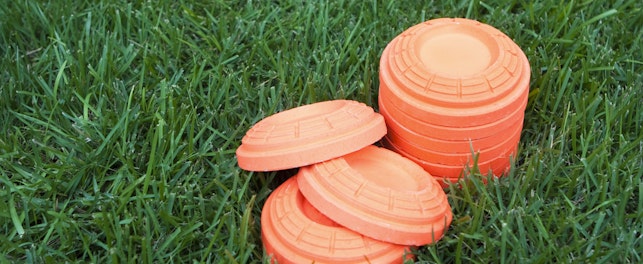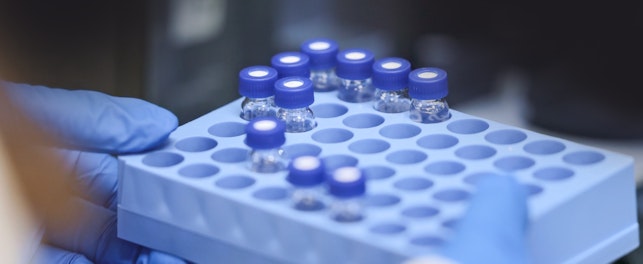In the US, textile fibers must be labeled and advertised according to the FTC Textile Fiber Products Identification Act and the Textile Fiber Rule. Selling apparel and other textile products labeled and advertised as “bamboo” are subject to civil penalties.
The US Federal Trade Commission (FTC) has noticed an increase in claims that some textile products are “bamboo,” “made from bamboo,” or contain “bamboo fibers.” It is claimed that these textile products are environmentally friendly or sustainable due to the “bamboo fibers.” However, the FTC determines these claims on textile products, including towels, bedding and bras, to be deceptive and misleading as in fact those textiles are actually rayon whose manufacturing process uses toxic chemicals and emits hazardous pollutants.
According to recent FTC complaints, this labeling practice constitutes deceptive or unfair advertising because bamboo is not a generic fiber name. Bamboo fibers may be used to manufacture rayon, however, the processing uses chemicals that emit hazardous air pollution.
The FTC points out that any plant or tree – including bamboo – could be used as the cellulose source, but once the cellulose undergoes the regenerating process, the generic fiber name would be rayon. Textiles and apparel may only be labeled as made of bamboo if they are made directly with bamboo fiber (often called mechanically processed bamboo). Articles made with bamboo pulp that has undergone a chemical fiber-making process, however, must be labeled and advertised as “rayon (or viscose) made from bamboo.” The FTC advises that companies should review the labeling and advertising of textile products they are selling, and remove or correct any misleading bamboo references. Therefore, if a textile product is made of bamboo or bamboo fiber, it must be labeled as “Rayon made of bamboo,” and then only if it can be substantiated.
In general, fabric made of “rayon from bamboo” is neither antimicrobial nor biodegradable. There are no definitive studies to validate that the natural antimicrobial properties of the bamboo plant are retained in the resulting rayon fiber. The FTC notes that when bamboo is used as the cellulose source, the resulting rayon does not retain any of the natural antimicrobial properties of the bamboo plant. It is believed that the chemicals used to dissolve the plant material would eliminate its natural antimicrobial properties.
In addition, according to the FTC, there is no scientific evidence indicating that “rayon from bamboo” products are biodegradable. These products will not break down and return to the elements found in nature in a reasonable period of time after customary disposal. Although the growing use of bamboo is an environmentally friendly process, the product of rayon from bamboo cellulose is not. The process uses chemicals that must be removed by multiple washes. The rayon manufacturing process uses a high amount of water and energy and can cause air and water pollution.
Businesses that sell textiles and apparel that are labeled as being made of bamboo should ensure that they comply with the Textile Fiber Products Identification Act and the Textile Fiber Rule to avoid enforcement action. Under the Textile Act, the FTC can issue civil penalties in violation against any company when merchandise is mislabeled. In light of that, the FTC has issued a reference guide to assist companies in marketing bamboo products in the ways that are truthful, non-deceptive and in compliance with the law.
SGS Global Softlines has an extensive network of over 40 laboratories worldwide, with a strong team of committed professionals from multi-disciplinary backgrounds. Our internationally accredited state-of-the-art testing laboratories offer a comprehensive range of physical, chemical and functional testing services for components, materials and finished products. We help your company ensure quality, performance and compliance with international, industrial and regulatory standards worldwide. In the end, it’s only trusted because it’s tested. Discover more at www.sgs.com/softlines.
For inquiries, please contact:
Louann Spirito
Consumer and Retail — Softlines
US & Canada Softlines Business Head
t: +1 973 461 7919
© SGS Group Management SA - 2022 - All rights reserved - SGS is a registered trademark of SGS Group Management SA. This is a publication of SGS, except for 3rd parties’ contents submitted or licensed for use by SGS. SGS neither endorses nor disapproves said 3rd parties contents. This publication is intended to provide technical information and shall not be considered an exhaustive treatment of any subject treated. It is strictly educational and does not replace any legal requirements or applicable regulations. It is not intended to constitute consulting or professional advice. The information contained herein is provided “as is” and SGS does not warrant that it will be error-free or will meet any particular criteria of performance or quality. Do not quote or refer any information herein without SGS’s prior written consent.








